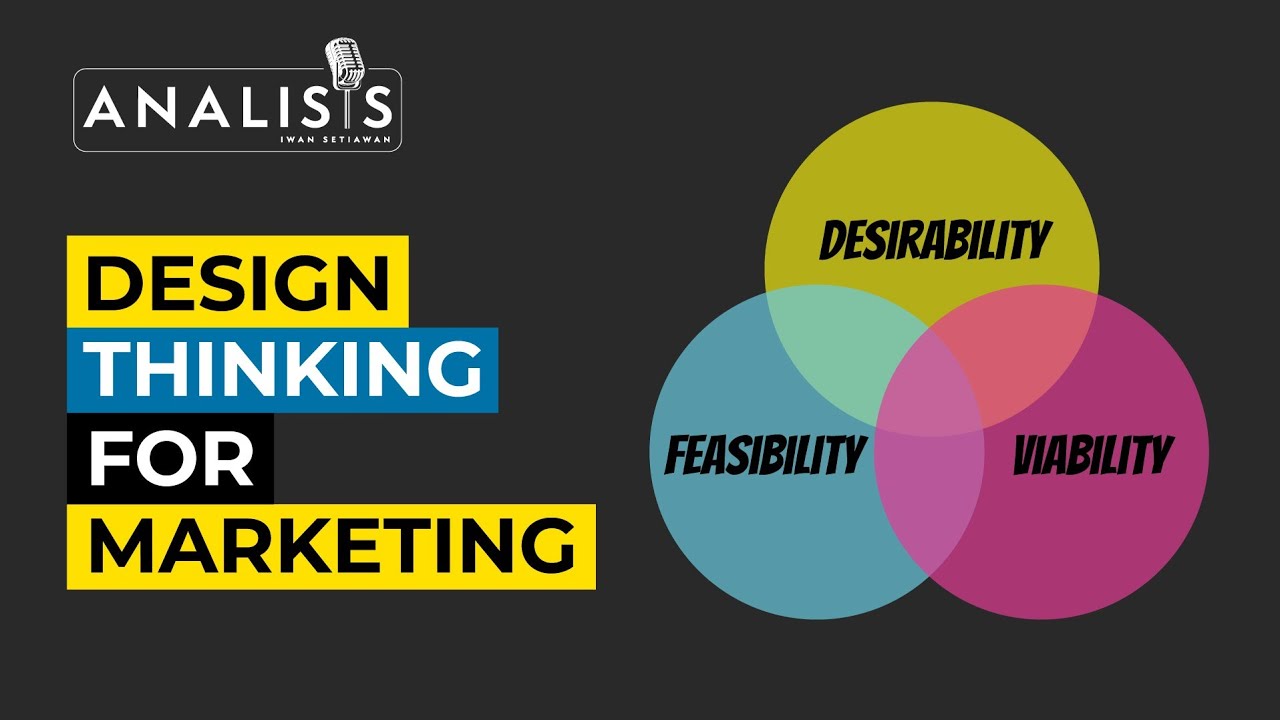Design Thinking in Netflix | | Case Studio - 04 | #netflix #designthinking #uiux
Summary
TLDRThe video script explores how Netflix revolutionized entertainment through design thinking. Starting as a DVD rental service in 1997, Netflix evolved into an online streaming giant by addressing customer pain points like late fees. The company's empathetic approach to user experience and convenience led to innovations like an online directory, monthly subscription, and instant streaming. Today, Netflix's UI/UX design features like personalized recommendations and card previews enhance user engagement, showcasing the power of design thinking in creating a loyal customer base.
Takeaways
- 🎬 Netflix started as a DVD rental service in 1997, delivering DVDs to customers' doorsteps.
- 📈 In 2007, Netflix shifted to online streaming, transforming its business model.
- 🧐 Reed Hastings and Marc Randolph empathized with customers frustrated by late fees and the inconvenience of renting DVDs.
- 💡 They introduced a monthly subscription model, eliminating per-DVD fees and late charges.
- 🌐 Netflix leveraged the internet to offer online video streaming, providing instant access to content on any device.
- 🖥️ The user interface includes features like hover-over information and clips to help users decide what to watch.
- 👍 Netflix uses a liking system to recommend shows based on user preferences.
- 🚀 New features are tested on beta users to gather data and improve user experience.
- 🏠 Netflix's design thinking approach has created a theater-like experience at home.
- 🔄 The focus on customer convenience and personalized service has fostered strong user loyalty.
Q & A
What was the initial business model of Netflix when it was founded?
-Netflix began in 1997 as a DVD rental service that delivered rented DVDs to customers' doorsteps without late fees.
How did Netflix's business model evolve over time?
-Netflix transitioned from a DVD rental service to an online streaming service in 2007, adapting to the growth of the internet and changing consumer preferences.
What was the main motivation behind Netflix's shift to an online streaming service?
-The main motivation was to provide a more convenient and customer-friendly alternative to traditional DVD rentals, leveraging the internet to offer instant access to movies and shows.
What is the significance of design thinking in Netflix's transformation?
-Design thinking played a crucial role in understanding customer needs, ideating new services, and prototyping features that would enhance user experience and loyalty.
How did Netflix address the issue of late fees that were common in the DVD rental industry?
-Netflix eliminated late fees by introducing a subscription model where customers could keep DVDs as long as they wanted and return them in prepaid envelopes.
What is the role of the UX/UI design in Netflix's service?
-The UX/UI design of Netflix aims to help users easily find and choose shows to watch through features like card formats, hover-over information, and instant clip playback.
What feature does Netflix use to personalize the user experience?
-Netflix uses a liking system that provides recommendations based on the shows users have watched and liked, tailoring the content to individual preferences.
How does Netflix test new features before a full rollout?
-Netflix tests new features with beta users, who receive the features first. The usage data from these users helps the company understand the effectiveness and user-friendliness of the new features.
What was the original price for Netflix's DVD rental service?
-The original price for Netflix's DVD rental service started at $4.99 a month.
How has Netflix's market capitalization grown over the years?
-As of the script's knowledge cutoff, Netflix's market capitalization is around $74 billion, reflecting its growth from a DVD rental service to a leading online streaming platform.
What is the core principle behind Netflix's approach to design thinking?
-The core principle is to keep the end user in mind, using the internet to its fullest potential to provide a diverse, easy-to-use, and personalized service that enhances user loyalty.
Outlines

This section is available to paid users only. Please upgrade to access this part.
Upgrade NowMindmap

This section is available to paid users only. Please upgrade to access this part.
Upgrade NowKeywords

This section is available to paid users only. Please upgrade to access this part.
Upgrade NowHighlights

This section is available to paid users only. Please upgrade to access this part.
Upgrade NowTranscripts

This section is available to paid users only. Please upgrade to access this part.
Upgrade NowBrowse More Related Video

The Video Game Genius Behind Chuck E. Cheese’s

Netflix History | Fun Facts About Netflix

The history of Netflix - TecMundo

Analisis Studi Kasus "Persaingan Dua Raksasa Penyewaan Video" Perusahaan Blockbuster VS Netflix

Belajar Design Thinking dan Penerapan di Marketing - ANALISIS #49

The Problem With Adolescence - Konstantin Kisin
5.0 / 5 (0 votes)